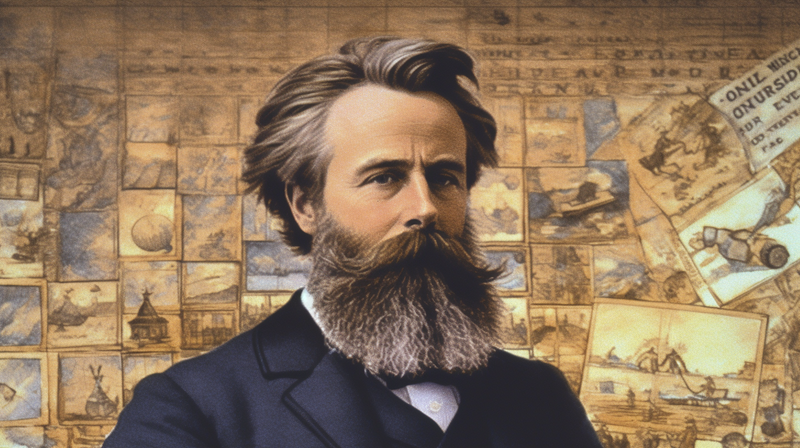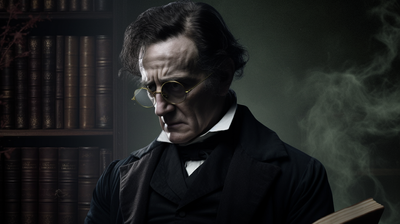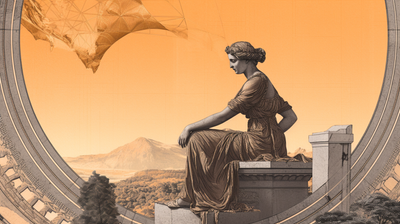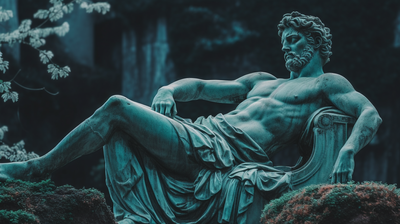The Paradox of Choice in Herman Melville's Moby-Dick
In the sprawling narrative of Melville's masterwork, 'Moby-Dick,' the reader delves into the mysterious depths where paradoxes emerge with mesmerizing force. Here, amidst the tumultuous voyage of the Pequod, lies an inquiry into the very nature of choice—its seductive allure and its pernicious grip on the human psyche.
We find ourselves aboard the vessel's deck, where Captain Ahab, a figure consumed by a relentless obsession, stands as a symbol of an implacable will. Driven by an insatiable desire for revenge, he pursues the elusive white whale, Moby Dick, with an unwavering determination. It is within this relentless pursuit that the paradox of choice begins to unravel.
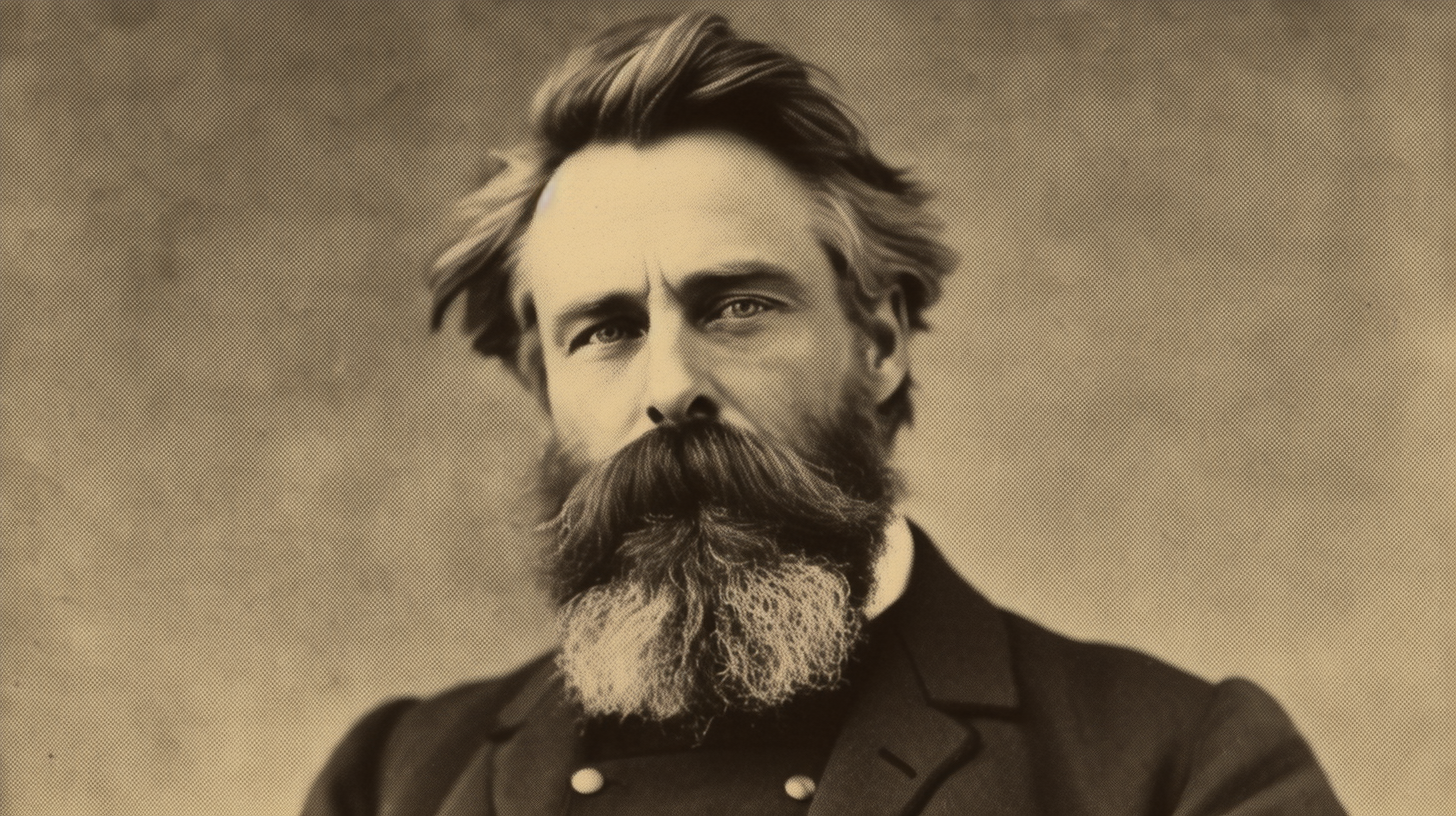
For Ahab, the choice is a double-edged sword. While he perceives himself as a master of his destiny, a captain steering his course, he fails to recognize the chains that bind him. His single-minded pursuit becomes a self-imposed prison, closing his eyes to the broader complexities of existence. In his quest for vengeance, he loses sight of life's myriad paths, narrowing his vision to a singular, destructive purpose.
The vast expanse of the ocean, an emblem of boundless possibility, mirrors the paradoxes of choice that afflict humanity. Each wave crashing against the Pequod's hull presents myriad options, branching paths that tempt and confound. Yet, within this sea of choices, clarity falters, and reason wavers. The crew, a microcosm of human diversity, grapples with their own decisions, each action rippling with unforeseen consequences.
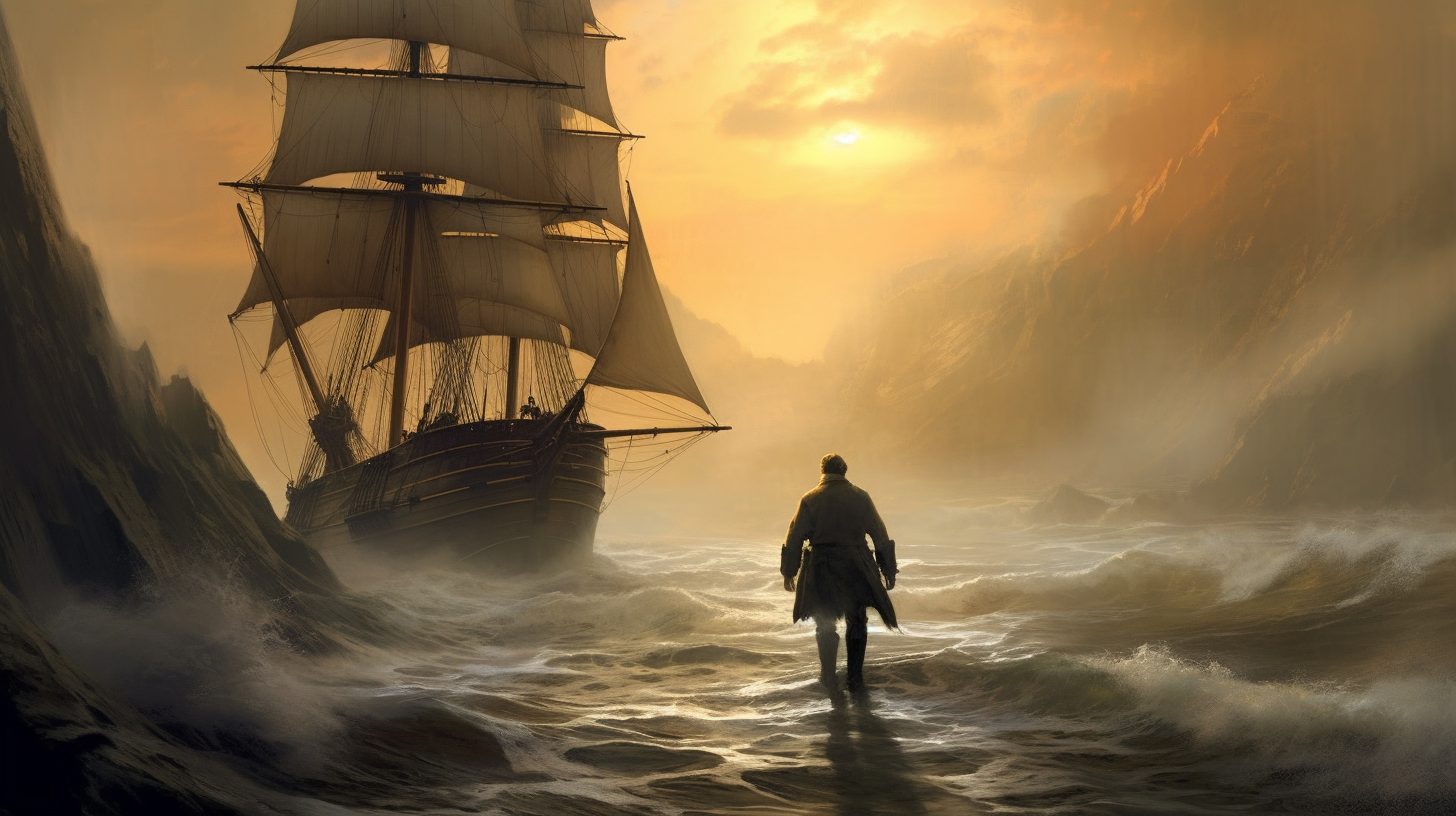
Amidst this intricate tapestry of narratives, Starbucks emerges as the voice of reason, the precursor of restraint. He recognizes the dangers within the paradox of choice, urging caution in the face of Ahab's rigid fixation. Starbucks' awareness echoes the fundamental truth: choices wield tremendous power and can either elevate or erode our existence.
Within the grand tableau of 'Moby-Dick,' the mighty whale assumes its symbolic significance. Moby Dick embodies the consequences of our choices—the reflection of our desires, obsessions, and fears. Ahab's relentless pursuit of this monstrous creature is a stark reminder of how our options can become our undoing when driven by unbridled passions.
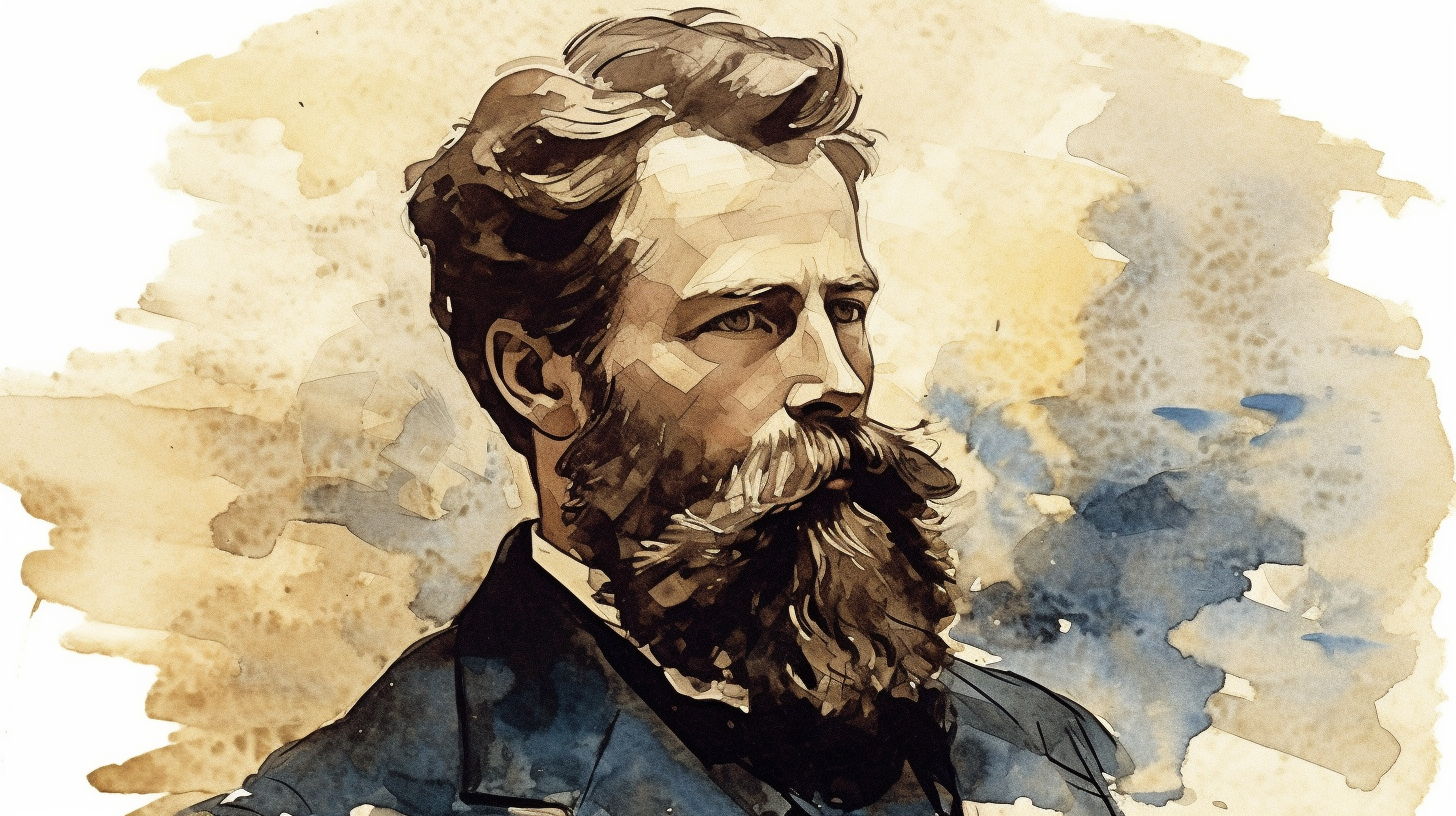
Our take: Melville's exploration of the paradox of choice offers us profound insights into the human condition. It urges us to tread the delicate line between autonomy and obsession, to navigate the vast sea of possibilities with discernment and self-awareness. As we reflect upon this literary voyage, we speculate that the Good (καλός) lies in recognizing the immense power of choice, using it as a tool for growth and self-discovery rather than a catalyst for self-destruction. By embracing the wisdom in the paradox of choice, we may chart a course toward a more fulfilled and enlightened existence.

Plato Re-Imagined
This course offers 32 comprehensive lectures exploring most of Plato's dialogues. These lectures guide students toward a consilient understanding of the divine—a concept that harmonizes knowledge across disciplines and resonates with secular and religious leaders. As a bonus, Lecture #33 focuses on consilience, demonstrating how different fields of knowledge can converge to form a unified understanding.

